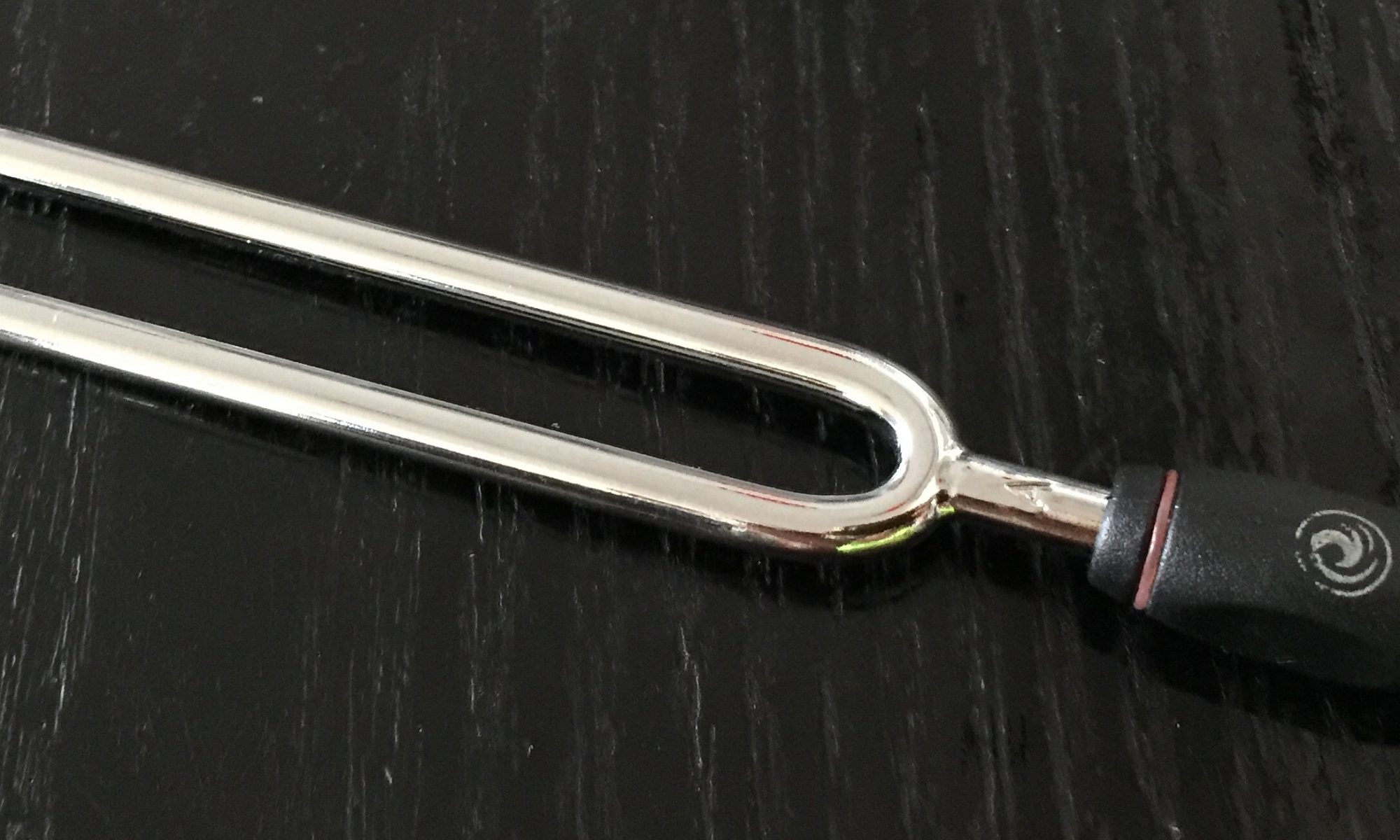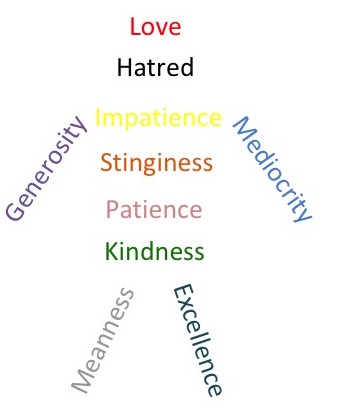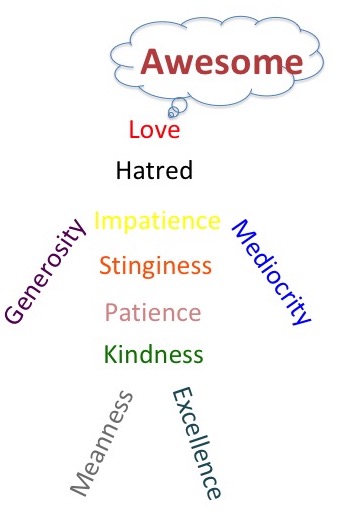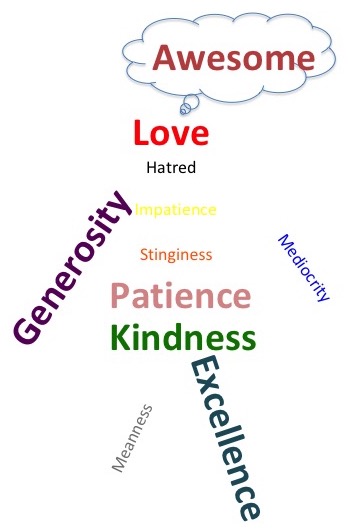(As shared on Decoding Your Child Facebook post on Jul 22, 2019.)
I observed role-modelling at its best today.
My little 6-year-old had been unwell the past 2 days. Fatigue caught up and I slept way past my normal waking time today. My husband woke me up and told me the Little One was crying beside me and I was shocked to realise it was already 9am.
It appeared the LO was very hungry and had been trying to wake me up to no avail. Normally, if she woke up before I did on weekends, she would take care of her own breakfast. But since she was still unwell, I figured she needed me to help her. So I got up, pampered her a little, prepared her breakfast and sat down with her while she ate it.
LO: You know, I woke up at 7.32 and I have been trying to wake you up.
Me: I’m so sorry I didn’t know. Did you shake and call me to wake?
LO: No. I wanted to wake you kindly by hugging and kissing you.
I was so touched by the gentleness she exhibited when attempting to wake me. Even though she must have really wanted me to awaken, she was mindful to be kind and loving.
How did that happen? Is it because she is a loving child by nature? Or is it because she is nurtured with love?
Probably both, but I suspect the latter played a HUGE role.
You see, for the last 2.5 years, I have been waking her up gently, with hugs and kisses, to get her ready for school. As it is, it is difficult enough for a young child to awaken when she is not ready to. So I did my best to make the process more palatable by waking her gently, with lots of hugs and kisses. I would also carry her to the bathroom so she could use the toilet and brush her teeth.
There were times she refused to cooperate, especially during the beginning of each school year, and especially more so when she went to Primary One because she had to wake up before the sun rose. Those times, I had to struggle to remain gentle. I would tell her I understood she wanted to sleep more, but that it was not an option and I would love for her to wake up happily. I would explain that I chose to awaken her gently and lovingly so she could start her day joyfully and I asked her for her cooperation. We had had some rough days, but by and by, it got easier.
Now, it’s always a joy to awaken her and see her smile even before she opens her eyes.
There are many who may think I have been blessed with awesome, loving and helpful children. Indeed I have been extremely blessed. But I firmly believe the environment they grow up in and the behaviour they observe and experience will have a huge impact on them. The reason why my little 6-year-old attempted to awaken me “kindly with hugs and kisses” is because that was what she had been experiencing.
So parents, our children are our mirrors. They practice what they have seen and what they have experienced. If we feel they need to change their behaviour, perhaps we need to reflect on the behaviour they see and experience and change that instead.
Happy Parenting!








